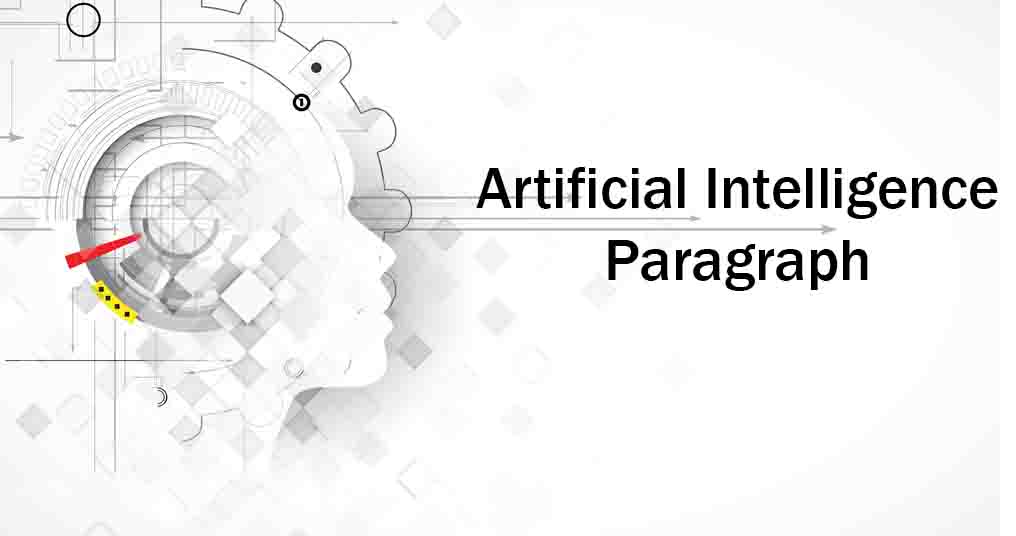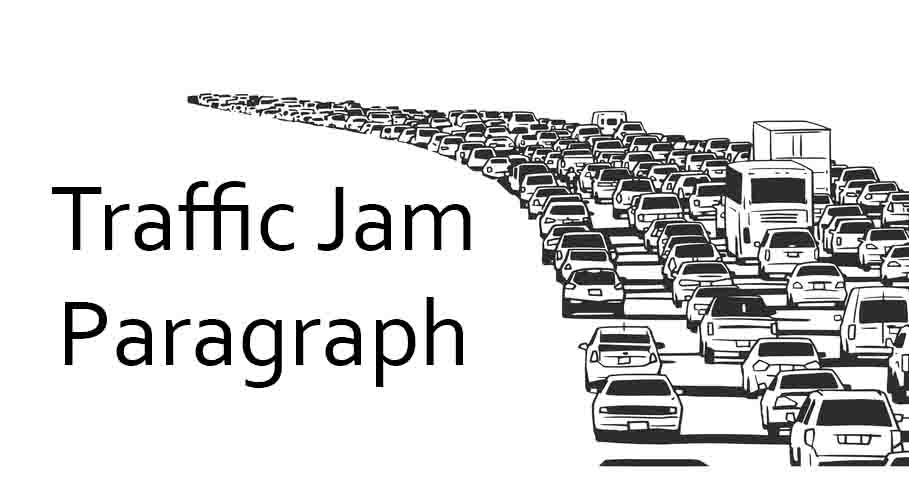Online Education paragraph in 300, 250, 200, 150, 100 words

Online Education paragraph in 300 words
Online education, also known as e-learning, refers to the use of digital technology to deliver education and training programs. It is a form of distance learning that allows learners to access educational content from anywhere and at any time. Online education has become increasingly popular in recent years due to the convenience it offers to learners. With the growth of the internet and technological advancements, learners can now access a wide range of courses, degree programs, and certifications from reputable institutions across the globe. One of the most significant advantages of online education is its flexibility. Learners can access course materials and lectures at their convenience, allowing them to balance their education with work, family, and other commitments. Online education eliminates the need for students to commute to a physical location, saving time and money on transportation and accommodation costs. Additionally, online education provides learners with the opportunity to learn at their own pace, which is particularly beneficial for those who struggle with the traditional classroom setting. Another advantage of online education is the accessibility it provides to learners. With online courses, learners from all over the world can access education and training programs from reputable institutions. This allows learners to access courses and programs that may not be available in their local area. Online education also eliminates many of the barriers to education, such as physical disabilities or geographical limitations, making education accessible to a broader range of learners. Online education also provides learners with a range of interactive tools and resources that enhance the learning experience. These tools can include interactive quizzes, videos, online forums, and live webinars. Additionally, learners can communicate with their instructors and peers through email, instant messaging, and discussion boards, creating a virtual classroom environment. Online education is a flexible and accessible form of learning that offers learners a range of benefits. It provides learners with the opportunity to access education and training programs from anywhere and at any time. Online education also eliminates many of the barriers to education, making it accessible to a broader range of learners. As the internet and technology continue to advance, online education is likely to become even more prevalent in the future.
Online Education paragraph in 250 Words
Online education, also known as e-learning, has become a popular alternative to traditional classroom learning in recent years. It utilizes digital technology to deliver courses, degree programs, and certifications over the internet. Online education provides learners with a flexible and convenient learning experience as they can access course materials and lectures at their convenience from anywhere in the world. It eliminates the need for students to commute to a physical location, saving time and money on transportation and accommodation costs. Additionally, learners can learn at their own pace, allowing them to take more time with challenging topics or move quickly through areas they already understand. Online education also offers greater accessibility to learners, especially those who may not have access to traditional classroom learning due to geographic limitations or physical disabilities. With online education, learners from all over the world can access courses and programs from reputable institutions, regardless of their location. This makes education accessible to a broader range of learners and offers more diverse learning experiences. Another advantage of online education is the range of interactive tools and resources it provides to learners. These tools can include interactive quizzes, videos, online forums, and live webinars. Additionally, learners can communicate with their instructors and peers through email, instant messaging, and discussion boards, creating a virtual classroom environment that fosters collaboration and engagement. However, there are some challenges associated with online education. One of the biggest challenges is the lack of face-to-face interaction with instructors and peers. This can make it difficult for learners to ask questions, get feedback, and engage in discussions. Additionally, learners need to be motivated and organized to stay on track with their coursework, as online education requires self-discipline and time management skills. Online education offers a flexible and accessible form of learning that offers a range of benefits to learners. While there are some challenges associated with online education, it has the potential to revolutionize the way people acquire knowledge and skills in the 21st century.
Online Education paragraph in 200 Words
Online education has become an increasingly popular form of learning, providing learners with a flexible and convenient way to acquire knowledge and skills. It uses digital technology to deliver courses, degree programs, and certifications over the internet, allowing learners to access educational content from anywhere and at any time. This accessibility and convenience are particularly beneficial for adult learners who have work or family commitments and cannot commit to a traditional classroom schedule. Online education also offers greater accessibility to learners, including those who may not have access to traditional classroom learning due to geographic limitations or physical disabilities. Learners from all over the world can access courses and programs from reputable institutions, making education more inclusive and diverse. Furthermore, online education has made it possible for individuals to continue their education without having to take time off from work, thereby enabling them to improve their skills and knowledge while still working. Online education also provides learners with a range of interactive tools and resources that enhance the learning experience. These tools include interactive quizzes, videos, online forums, and live webinars, all of which facilitate engagement and interaction between learners and instructors. In addition, learners can communicate with their instructors and peers through email, instant messaging, and discussion boards, creating a virtual classroom environment that fosters collaboration and teamwork. Overall, online education is a dynamic and innovative way of learning that has the potential to revolutionize education in the 21st century. Its flexibility, accessibility, and interactive features make it an excellent option for learners of all ages and backgrounds who seek to advance their knowledge and skills.
Online Education paragraph in 150 Words
Online education has transformed the way people learn and acquire new skills in the 21st century. With digital technology providing a flexible and convenient way to access educational content, learners are no longer constrained by traditional classroom learning. Online education uses the internet to deliver courses, degree programs, and certifications to learners anywhere in the world. One of the most significant benefits of online education is its flexibility. Learners can access course materials and lectures at their convenience, allowing them to balance their education with work, family, and other commitments. This flexibility makes online education an ideal option for adult learners who are looking to enhance their skills or embark on a new career path. Online education also provides learners with a range of interactive tools and resources that enhance the learning experience. These tools can include interactive quizzes, videos, online forums, and live webinars, creating a virtual classroom environment that fosters collaboration and engagement. Furthermore, learners can communicate with their instructors and peers through email, instant messaging, and discussion boards, facilitating communication and feedback. Overall, online education has revolutionized the way people learn and is becoming an increasingly popular form of education in today’s fast-paced world.
Online Education paragraph in 100 Words
Online education has become a popular form of learning, using digital technology to deliver courses, degree programs, and certifications to learners over the internet. One of the most significant benefits of online education is its flexibility, allowing learners to access course materials and lectures at their convenience, balancing their education with other commitments. Online education also provides learners with a range of interactive tools and resources that enhance the learning experience, such as quizzes, videos, and online forums. Furthermore, learners can communicate with their instructors and peers through email, instant messaging, and discussion boards, creating a virtual classroom environment that fosters collaboration and engagement. Overall, online education has transformed the way people learn and acquire new skills in the 21st century.
Key Points of Online Education Paragraph
Q: What is online education?
A: Online education is a form of learning that uses digital technology to deliver educational content over the internet. This can include courses, degree programs, certifications, and other forms of training.
Q: How is online education different from traditional classroom education?
A: Online education allows learners to access course materials and lectures at their convenience, from anywhere in the world. Traditional classroom education involves attending in-person classes and following a set schedule.
Q: What are the benefits of online education?
A: Online education provides learners with flexibility, convenience, and accessibility. Learners can access course materials at their own pace and schedule, from anywhere in the world. Online education also provides a range of interactive tools and resources that enhance the learning experience, such as quizzes, videos, and online forums.
Q: What are the challenges of online education?
A: Online education can present challenges such as a lack of face-to-face interaction with instructors and peers, technical difficulties, and potential distractions. Learners may also need to have strong self-motivation and time-management skills to succeed in an online learning environment.
Q: How do I enroll in an online education program?
A: Enrollment processes vary by institution and program, but generally, learners can find information about enrollment on the institution’s website or through an online application process. Some institutions may require transcripts, test scores, or other documentation as part of the application process.
Q: What types of courses and programs are available through online education?
A: Online education offers a wide range of courses and programs, from individual classes to full degree programs. It can also include certifications, training programs, and continuing education courses in various fields.
Q: How do I access online educational resources?
A: Online education resources can typically be accessed through an online learning management system (LMS) or other digital platforms provided by the institution offering the course or program. Learners will usually be provided with login information and instructions on how to access the resources.











